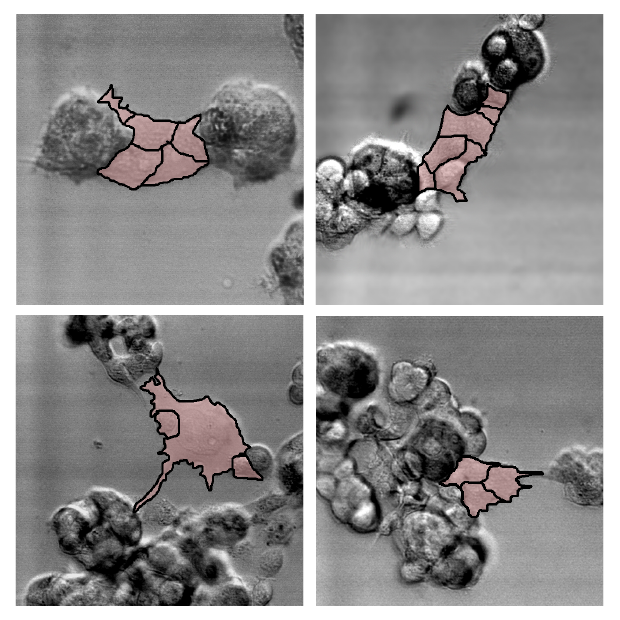Keto Diet For Cancer Treatment: Does It Work?

New research suggests the ketogenic or keto diet might prove useful in helping cure some forms of cancer by boosting the efficacy of chemotherapy and other drugs.
The key to success is keeping blood sugar under control. The keto diet does just that by restricting carbohydrates to a minimum.
It consists of high fat foods and also contains foods with an adequate amount of protein and a very low amount of carbs. Glucose is derived from sugar that is present in carbs.
The way the keto diet works and the reason why it’s being considered as part of a therapy to cure some forms of cancer, is that it deprives the body of glucose. This glucose deprivation induces a state called "ketosis."
In ketosis, the body is forced to use stored fat in the kidneys instead of sugar to produce an alternative source of energy.
A new study explores the keto diet as a potential avenue for treatment of certain forms of cancer. A team of researchers from the University of Texas at Dallas restricted the levels of circulating glucose in mice by feeding them a ketogenic diet and administering a diabetes drug that stops the reabsorption of blood sugar in the kidneys.
The researchers published their paper in the journal Cell Reports. An assistant professor of biological sciences at the University of Texas at Dallas, Jung-Whan Kim, is the corresponding author of the new study while Meng-Hsiung Hsieh is the first author.
Previously, a cancer type called squamous cell carcinoma (SCC) relies heavily on glucose to sustain its "antioxidative capacity and survival" compared to other types of cancers, according to Kim and his team.
The team reasoned restricting glucose should make SCC more vulnerable to treatment. To test this theory, they fed mice with xenograft tumors with either a ketogenic diet consisting of 0.1% carbs or a normal diet.
"Xenograft tumor growth of lung SCC [...] and esophageal SCC [...] was significantly inhibited upon ketogenic diet as compared to normal chow fed groups," said the study.
Kim noted that both the ketogenic diet and the pharmacological restriction of blood glucose by themselves inhibited the further growth of SCC tumors in mice with lung cancer. On the other hand, the glucose restriction did not affect non-SCC tumors.
"While these interventions did not shrink the tumors, they did keep them from progressing, which suggests this type of cancer might be vulnerable to glucose restriction.”
Kim said their results suggest this approach is “cancer cell type specific. We cannot generalize to all types of cancer.”
Kim said the key finding of their new study in mice is that a ketogenic diet alone does have some tumor growth inhibitory effect in SCC. But when the team combined this with a diabetes drug and chemotherapy, the therapy was even more effective.



























